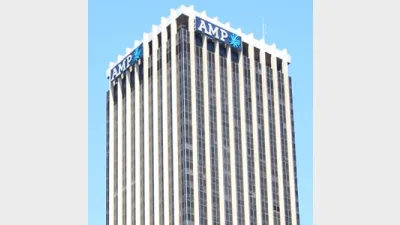How much trust in AMP took a hit



AMP Limited is hoping to restore positive public perceptions over the next three years after suffering a 16-point hit to its reputation during and after the Royal Commission.
Amid continuing consternation over the company’s restructure and its handling of Buyer of Last Resort contracts, AMP’s head of wealth, Alex Wade has told a Parliamentary Committee that AMP stood at 64 points on a reputational index prior to the Royal Commission and was now sitting at just 48.
However, he said he believed that there remained “latent support” for the brand.
Wade said that the reputational index had been stable for about 10 years, and then dropped 16 points after which it had flat-lined.
Notwithstanding this, Wade said his own interactions with clients suggested they wanted AMP to recover and rebuild trust.
Asked what timeframe would be involved in AMP rebuilding its reputation, Wade said that AMP had announced a three-year corporate transformation and he expected that its reputational recovery would be in line with that.
“I think that as we start to demonstrate achievement in our transformation objectives of simplification, better client experience and those sorts of things then trust will come back,” he said.
The Australian Securities and Investments Commission (ASIC) has acknowledged that investigations are continuing into a number of referrals from the Royal Commission.
Recommended for you
Greater consistency across the ASIC adviser exam has helped boost the number of first-time candidates this year with many opting to sit before undertaking a Professional Year.
Financial advice practice Eureka Whittaker Macnaught is in the process of acquiring three firms to boost its annual revenue to $25 million.
AMP has partnered with Dimensional Fund Advisors and SouthPeak IM to launch a suite of investment solutions aimed at expanding retail access to traditionally institutional funds.
The Financial Advice Association Australia has appealed to licensees to urgently update their FAR records as hundreds of advisers are set to depart by the end of the year.











